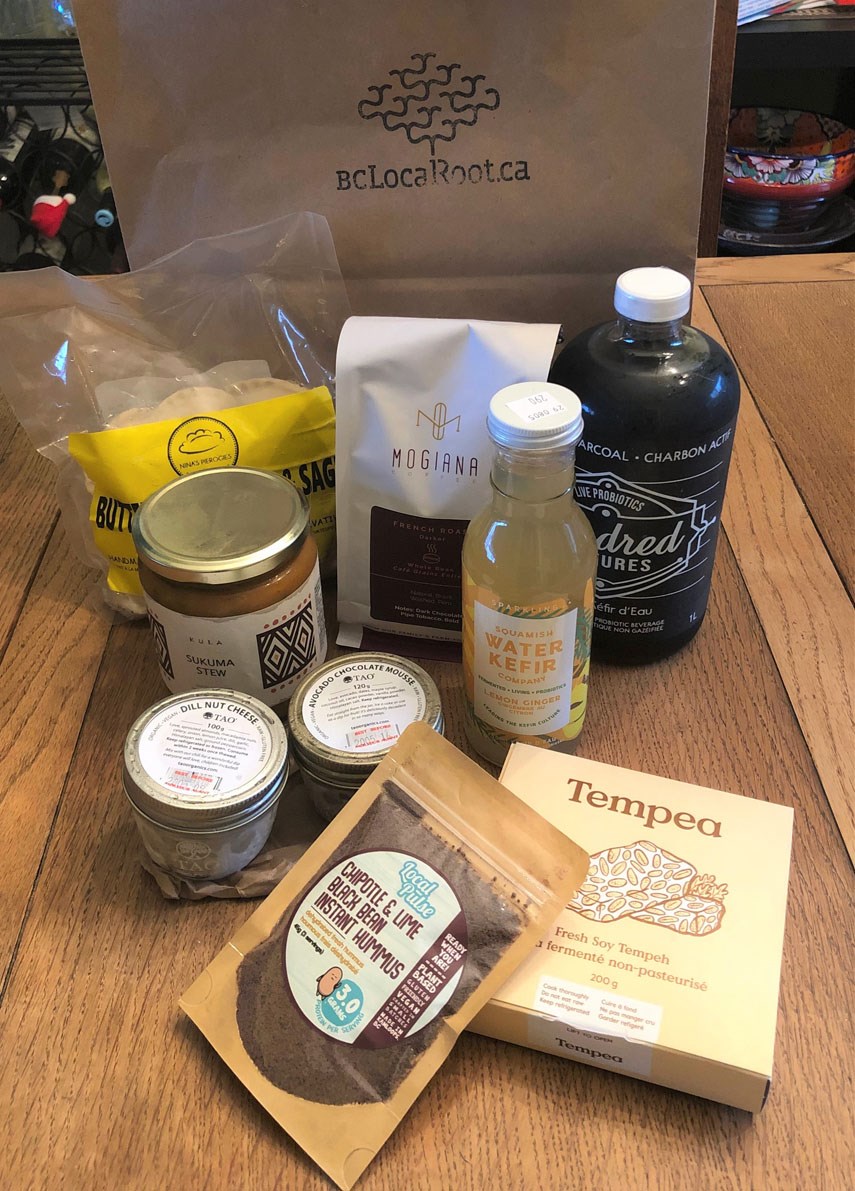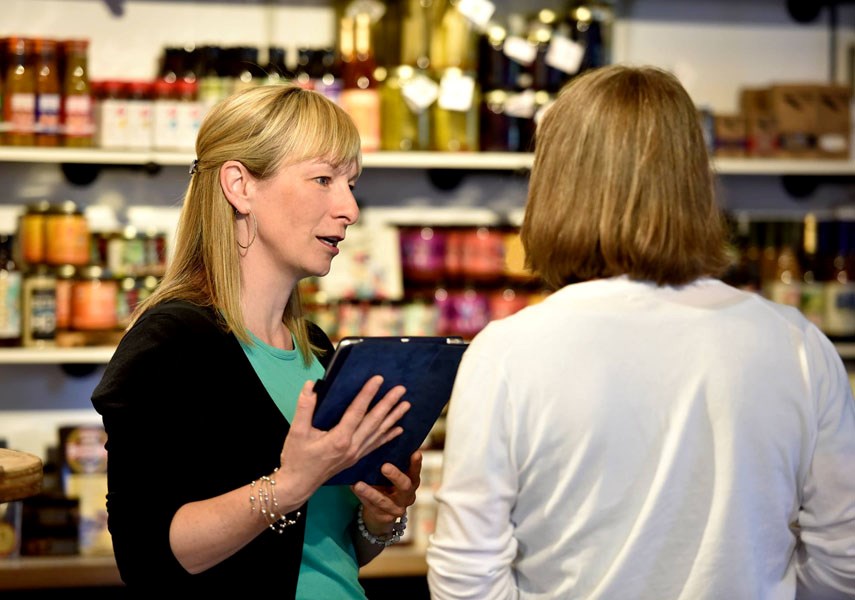As British Columbians we have unprecedented access to an abundance of food products grown and made in our province: over 200 agriculture commodities, 100 harvestable seafood species, and more than 4,000 food and beverage businesses.
B.C.’s food and beverage processing industry alone (not including primary production) is the second largest manufacturing sector in the province, after forestry. With so much to choose from, incorporating local food into our daily diet is easy.According to Canada’s new food guide, a healthy and balanced meal consists of 50 per cent fruits and vegetables, 25 per cent protein, and 25 per cent whole grains. If we look to local food to fill our plate, here are some of the options.
B.C. is a leader in Canada when it comes to farm sales of fruit and vegetables. In 2018 our province was number one in the nation in sales of blueberries, sweet cherries, rhubarb, raspberries, prunes and plums, blackberries, apricots and pears, and second in greenhouse vegetables, mushrooms, brussels sprouts, kale, lettuce, and beets.
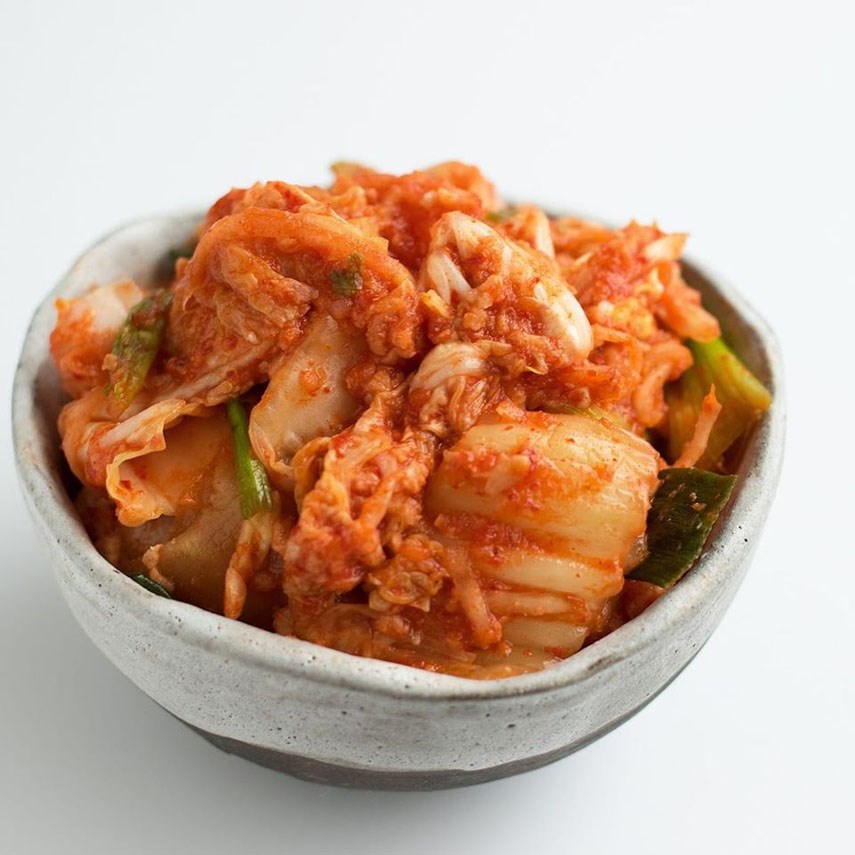
While the majority is seasonally dependent, many farmers offer options for consumers to eat locally all year round. Sky Harvest is Canada’s first certified organic urban farm located in Richmond B.C., growing high-quality organic microgreens indoors all year round. Another way to eat local vegetables no longer in season is when they are preserved. Located in North Vancouver is Ms. Lee’s Natural Foods offering vegan Korean kimchi in three traditional flavours. Each small batch is handcrafted and full of beneficial live probiotics. A must try recipe is Kimchi Pancakes!
When it comes to protein, North Vancouver offers a great variety of local food brands specializing in this muscle builder. For those that prefer plant-based options there is Tempea Natural Foods and Modern Meat.
Tempea Natural Foods makes hand-crafted, organic, unpasteurized and non-GMO tempeh in a gluten-free facility. Tempeh is a popular food item in Indonesia that is made by fermenting cooked soybeans. Compared to tofu, tempeh has a meatier texture and the fermentation brings out a savoury and nutty flavour. It cooks quickly by frying, grilling, or baking and is a protein rich addition to any meal.
Modern Meat offers plant-based meat alternatives. The company’s products include burgers, meatballs, crumble, and their most recent innovation, crab cakes. All of their products are free of soy, gluten, nuts, GMOs, artificial preservatives or additives.
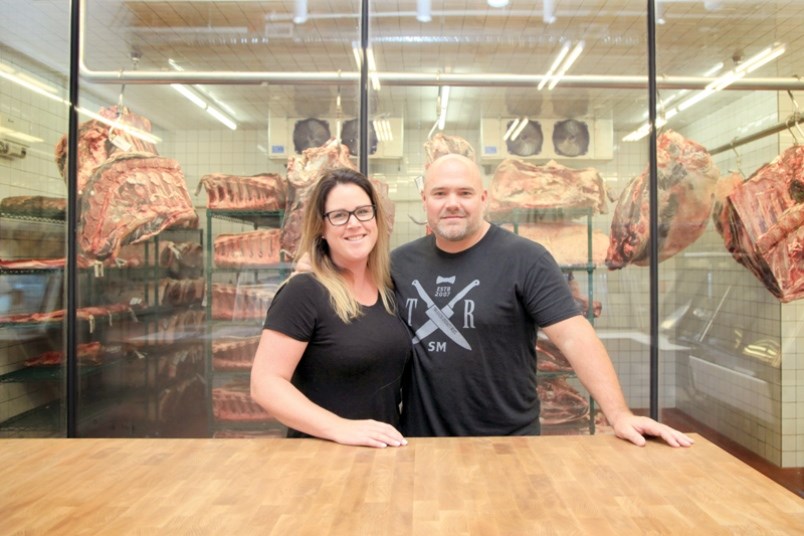
Also located in North Vancouver is family owned business Two Rivers Meats, offering farm to table meat from a handpicked group of small farms in B.C. Their promise is locally sourced and ethically raised meat without hormones, antibiotics or chemical feed additives.
A new North Shore food brand is Mitch’s Catch offering seafood sustainably caught off the coast of Haida Gwaii and Oregon. Their specialty is Pacific Coast Albacore Tuna – you don’t want to miss out on their pre-cut poke packages and marinade. The company was created by two West Vancouver families, one with roots in commercial fishing and the other with roots in storytelling.
North Vancouver based Tao Organics produces a sprouted quinoa that is the perfect whole grain option. Soaking and sprouting grains makes the food easier for our bodies to absorb the nutrients. Tao Organics cafe was a long-standing go-to spot in North Vancouver for those wanting to eat organic, raw, plant-based cuisines. Her products are now offered online since closing this March.
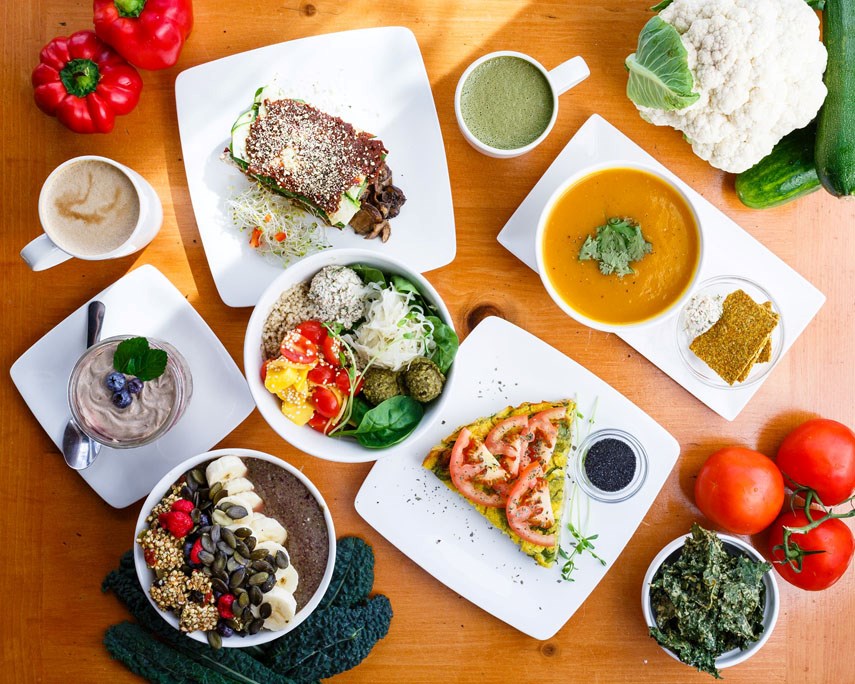
And what meal would be complete without a beverage.
Tality Kombucha brews flavourful kombucha in North Vancouver by infusing whole organic roots, fruits, flowers or herbs directly into the kombucha instead of adding juices and concentrate. The product is low in sugar and rich in probiotics. Not only does it taste good, you can feel good drinking it knowing the glass is 100 per cent recyclable, the labels are made of 100 per cent post-consumer recycled material, and one per cent of their sales is donated to a local environmental NGO.
Eating locally is not only easy and delicious, it also has positive benefits to our local economy and environment. According to LOCO BC, an organization dedicated to the buy local movement, local businesses recirculate up to 4.6 times more revenue in the local economy than multinationals by keeping 63 cents of every dollar a consumer spends within the B.C. economy, versus only 14 cents from a multinational. Purchasing locally grown and made products also minimizes your consumer "FoodPrint," as less transportation distance is needed for the food to make it to you.
Meghan Carter is the marketing manager for BCLocalRoot.ca, an online grocery store for only B.C. food and beverage brands. BCLocalRoot.ca offers weekly delivery throughout Metro Vancouver and curbside pick-up in North Vancouver.
This article was produced for summertime Explore the Shore feature of the North Shore News.
